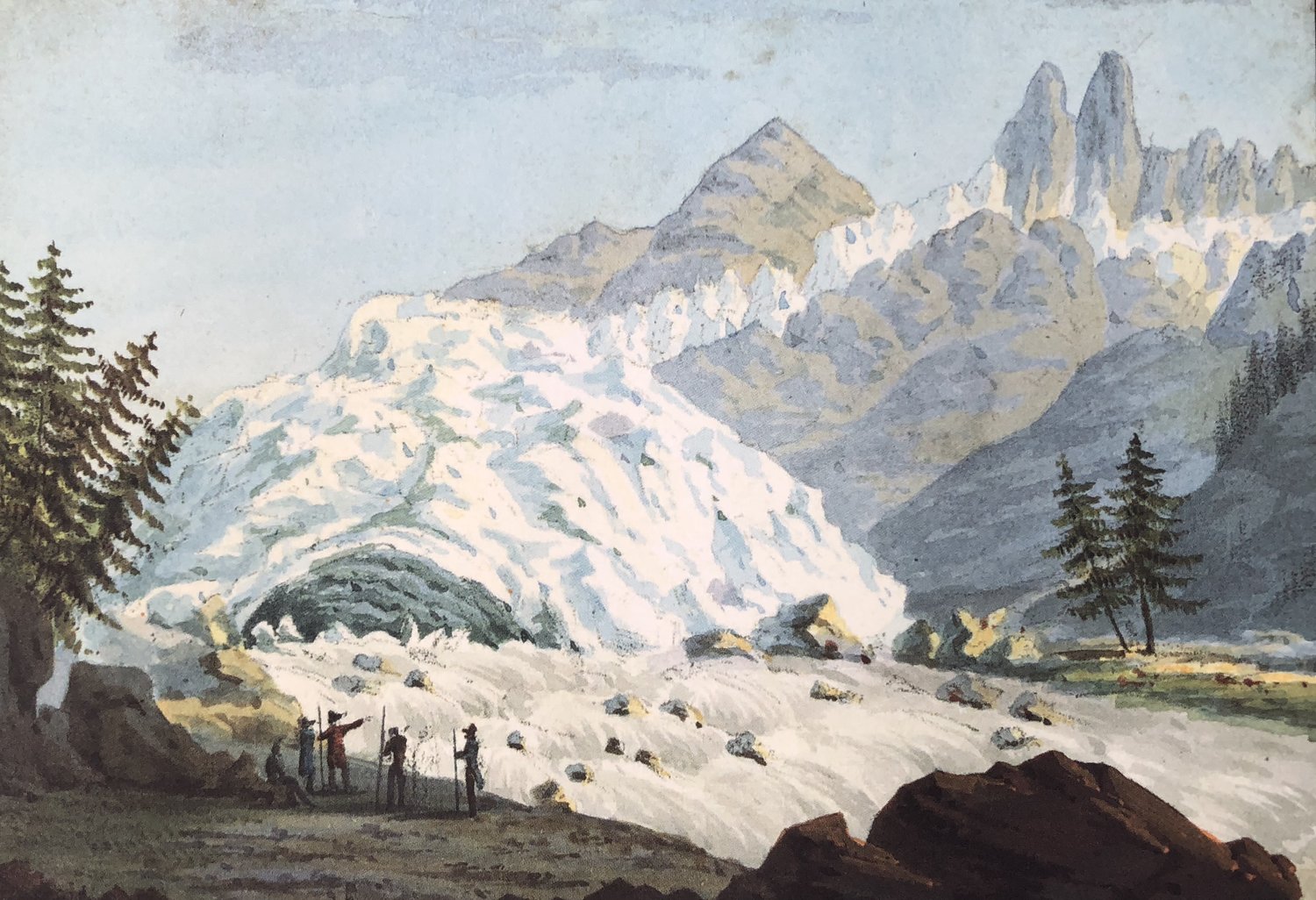Political activism was not rare amongst the Romantic poets, and perhaps burned most strongly in the heart of Percy Shelley. More than any other of his contemporaries, he believed that the poet had a moral duty to share their understanding of beautiful truth with the rest of humanity- an understanding that derived from the spiritual and soaring power of the natural world.
Hello readers,
I was feeling nostalgic this week, and so I’ve decided to revisit one of the poets on whom I wrote my university dissertation, Percy Bysshe Shelley. He was a poet of great idealism and activism, notorious for his belief that poets were the ‘unacknowledged legislators of the world’, and as such had a moral duty to awaken their general readership to higher, more enlightened modes of being. To critics such as Matthew Arnold, Shelley’s idealism made him an ‘ineffectual angel, beating in the void his luminous wings in vain’— but he was acutely aware of the corruption and hardship in contemporary human society, without ever allowing it to deter his unshaking faith in the goodness of human potential.
‘Mont Blanc’, a poem written by Shelley during his stay with Lord Byron in Geneva in 1816, is an excellent example of the poet’s philosophy of natural Beauty (Beauty with a capital B, as in Shelley’s eyes, Beauty was able to be personified as a Spirit) and also happens to be one of my favourites in his oeuvre. It begins with, perhaps, one of the most beautiful and affecting set of lines in all of Romantic poetry; ‘The everlasting universe of things/Flows through the mind, and rolls its rapid waves’. Shelley speaks of an ultimate oneness in nature, a silent, pervasive force that connects the modern human mind to the subtle power of the natural world. It is a common theme in Romantic poetry to suggest that our state of mind is influenced by the natural world, and that we are all as sensitive to its motions as, say, an Aeolian harp is to the murmur of the winds, and here Shelley suggests that the ‘secret springs’ of this sublime river are also the ‘source of human thought’. As it passes through us, unseen, it lends us a momentary gift of its ‘splendour’, subtly shaping and sculpting our state of mind. Those more susceptible to the motions of this cosmic dance, and therefore closer to the transcendent truth of nature (for truth, to the Romantic, is beauty) are poets, and it is their duty to open the eyes of those less enlightened to the reality of the world.
As Shelley writes in his ‘A Defence of Poetry’, one of the main ways that the poet can open his reader’s mind to new ways of thinking is by forming mental connections between these abstract, unfamiliar concepts (such as the natural, unifying Spirit of Beauty) and that which the reader already believes that they have an understanding of. Thus, after introducing this overwhelmingly ambitious concept, Shelley then proceeds to paint a picture of these flowing waters of divine inspiration in a way that we can better comprehend, by likening them to something that we ourselves can see in the natural world; the breathtaking, awe-inspiring majesty of Mont Blanc, and the might of the Arve River that bursts near its banks.
Throughout the second stanza, Shelley describes in vivid, animated verse how this ‘Power in likeness of the Arve comes down/From the ice-gulfs that gird his secret throne,/Bursting through these dark mountains like the flame/Of lightning through the tempest’. The language is so expertly crafted that it truly feels one is stood above the Arve River, watching it rage and roar beneath their feet. And yet, as is imperative in the Romantic tradition, Shelley then shifts his focus to the internal affect that this awesome scene has on him; the strong emotion that the scene evokes within him makes him ‘muse on [his] own separate fantasy’, that of his ‘human mind’, that holds such an ‘unremitting interchange/With the clear universe of things around’. The sight of this mighty, earthen river inspires him to write, as does the internal influence of the universal river that carries all source of human thought and inspiration in its tides. As this stanza draws to a close, we are left with a somewhat eerie image of a witch called Poesy (Poetry), who lurks in a cave beside the flowing river of human thought, and seeks ‘among the shadows that pass by,/Ghosts of all things that are’. It is intriguing that Shelley would characterise poetry as a witch, a caster of spells who lives in shadow and sorcery— and yet the duel meaning of spelling has always caught my imagination, and asks whether the gulf between writing and witchcraft is as vast as it may first seem.
The following stanzas, in equally engaging verse, proceed to consider the relation between the human condition and the ancient power of the natural world, and I would urge all to read them for themselves. For now, though, I will end with this— Shelley’s belief that such poetry, ambitious in its gaze and rich in its articulation, can enhance the imagination of the reader by forming connections in their mind that were not there before seems salient, and perhaps much needed in a world so chartered by rigid definition and choking category. For that reason, may this particular quality also prove everlasting.
Thank you for reading,
The Watchful Scribe
